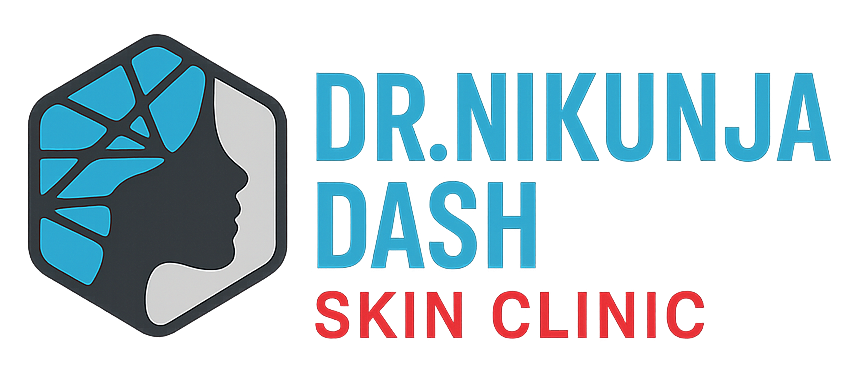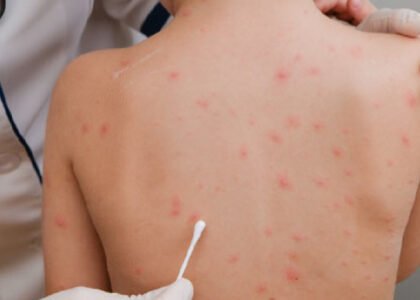Male Infertility
Male Infertility Treatment in Bhubaneswar
Male reproductive health plays a crucial role in conception and overall well-being. Two of the most common yet sensitive issues faced by men are impotency (erectile dysfunction) and infertility. Though they are often confused, they are medically different. Fortunately, with medical advancements, both conditions are treatable through a combination of lifestyle changes, medication, and clinical procedures.
What is Male Infertility?
Male infertility refers to a man’s inability to contribute to conception, even after regular unprotected intercourse for a year or more. It usually stems from issues with sperm production, motility (movement), morphology (shape), or delivery. Unlike erectile dysfunction, a man with infertility can still have normal sexual function.
Symptoms of Impotency (Erectile Dysfunction)
Impotency refers to the inability to achieve or maintain an erection sufficient for sexual activity. Its symptoms may include:
Difficulty in getting or keeping an erection
Reduced sexual desire (low libido)
Softer erections or inability to achieve full firmness
Short-lasting erections during intercourse
Anxiety or stress related to sexual performance
Avoidance of sexual intimacy due to performance fear
Nighttime or morning erections may be absent
Causes of Impotency & Male Infertility
✅ Causes of Impotency (ED):
Cardiovascular diseases (high blood pressure, atherosclerosis)
Diabetes and hormonal imbalances (low testosterone)
Psychological factors (stress, anxiety, depression)
Smoking, alcohol, drug abuse
Certain medications (for BP, depression, etc.)
Obesity and lack of physical activity
Neurological disorders (stroke, multiple sclerosis)
✅ Causes of Male Infertility:
Low sperm count or poor sperm quality
Hormonal imbalances (testosterone or FSH/LH deficiency)
Varicocele (enlarged veins in the scrotum)
Infections (mumps, STDs, prostatitis)
Genetic disorders (Klinefelter syndrome)
Exposure to toxins or radiation
Testicular injury or surgery
Ejaculation issues or blockages in sperm ducts
Treatment Options for Male Infertility
1. Lifestyle & Nutritional Changes
Eat a balanced, antioxidant-rich diet
Avoid heat exposure to testicles (e.g., hot tubs, laptops on lap)
Reduce alcohol, tobacco, and caffeine intake
Wear loose-fitting underwear
2. Medications & Hormonal Therapy
Clomiphene Citrate to stimulate hormone production
Gonadotropins (FSH, hCG) for sperm production
Antibiotics for infections affecting fertility
Antioxidant supplements (zinc, selenium, CoQ10, L-carnitine)
3. Surgical Treatments
Varicocelectomy: Surgical removal of varicocele
Vasovasostomy: Reversal of vasectomy
Sperm retrieval techniques (e.g., TESE or PESA) if no sperm is found in the semen
4. Assisted Reproductive Techniques (ART)
Intrauterine Insemination (IUI) – Healthy sperm is injected into the uterus
In Vitro Fertilization (IVF) – Sperm and egg combined outside the body
Intracytoplasmic Sperm Injection (ICSI) – A single sperm is injected into the egg (used in severe sperm abnormalities)






